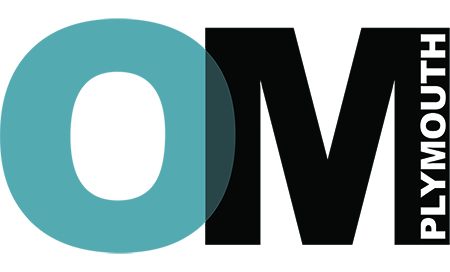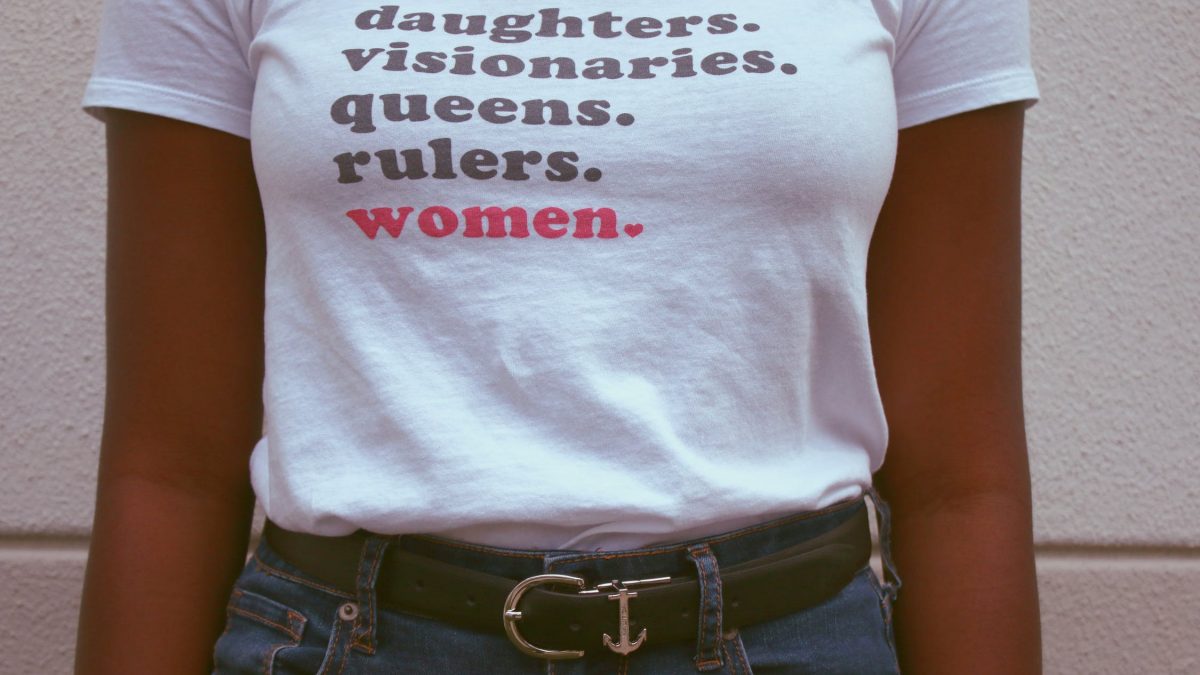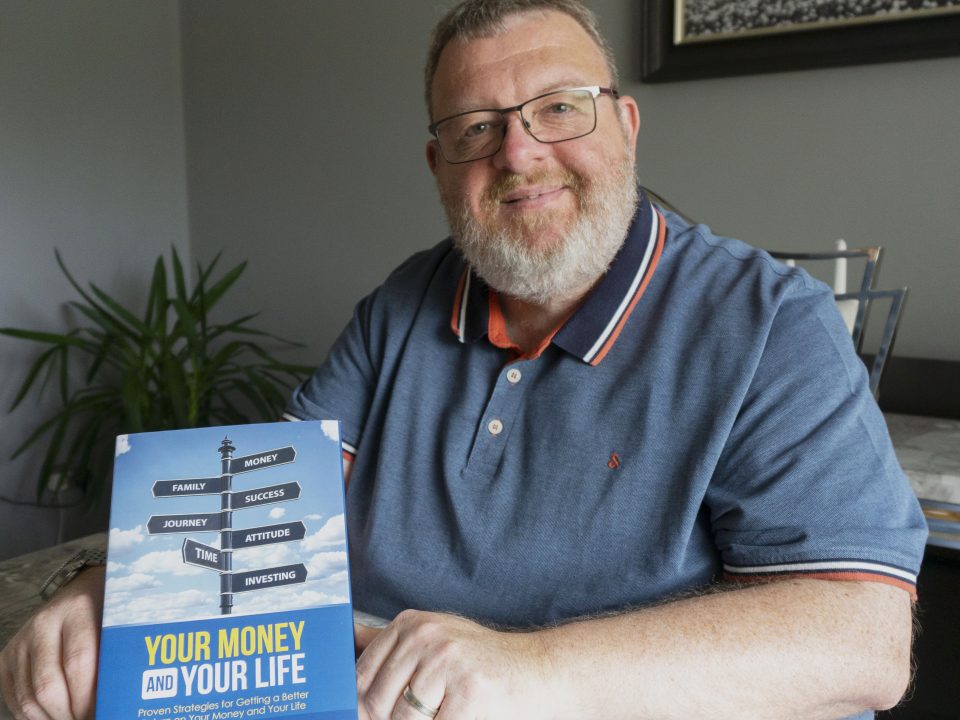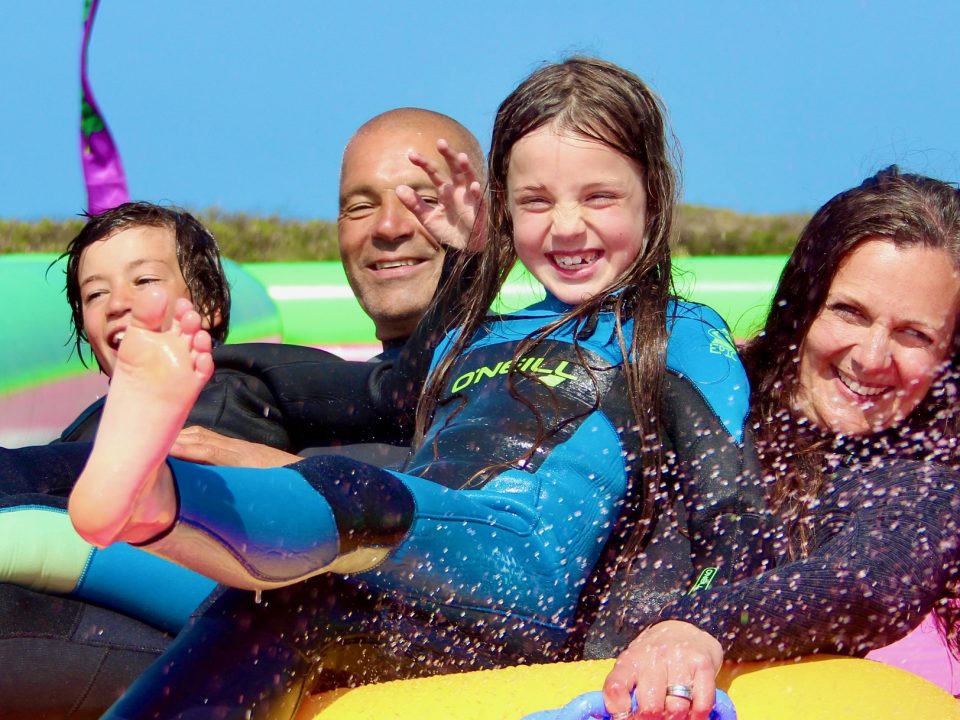Plymouth’s most influential women

Meet the Plymouth athlete who will competing in the Special Olympic World Games
6th March 2019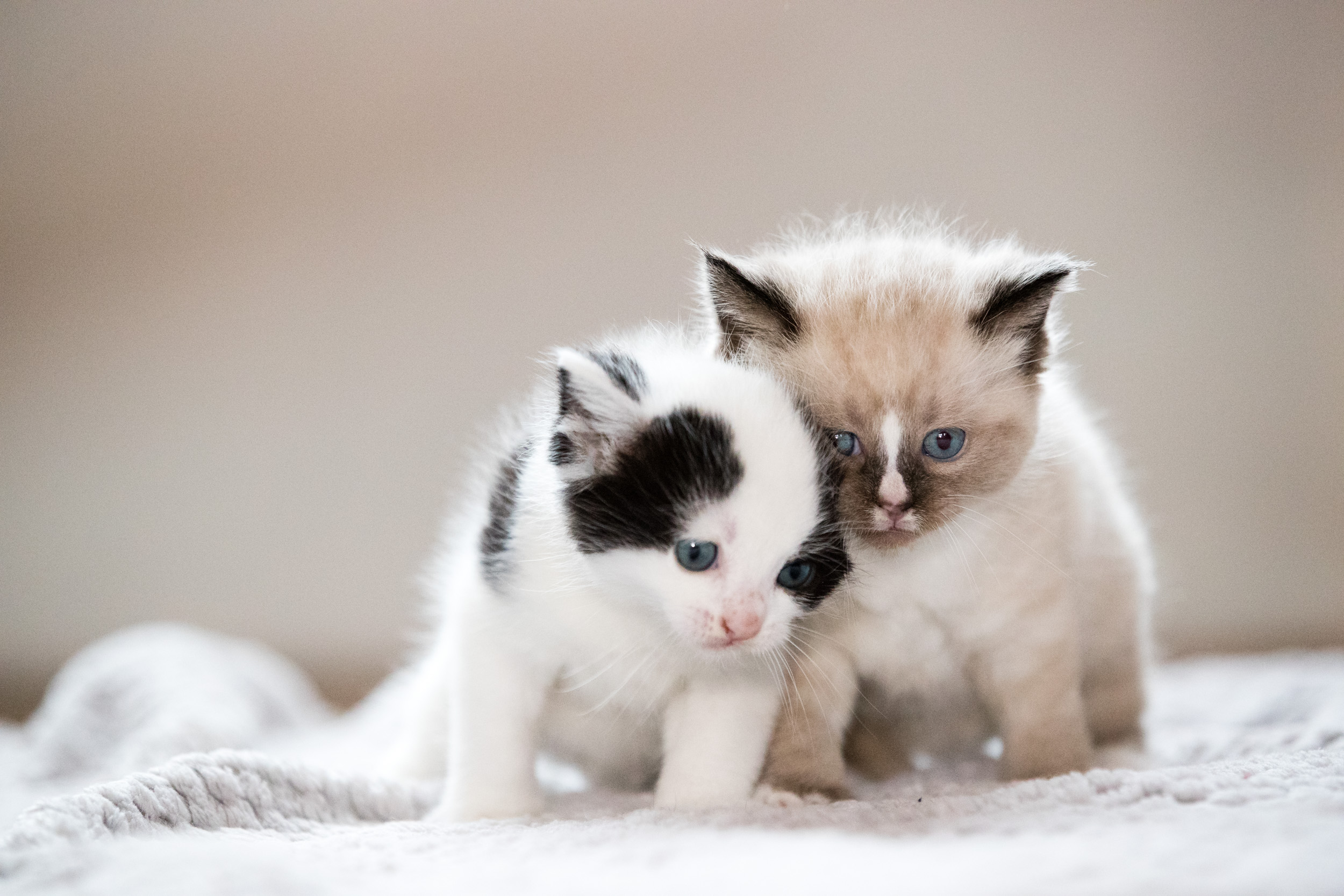
Woodside Animal Welfare Trust
14th March 2019International Women’s Day, the best time to show appreciation for the women of the world.
Here in Plymouth, there are many empowering women who have fought for equal rights, women who have amazing achievements; and these are women who we want to show our appreciation to today.
International Women’s Day is celebrated on March 8th every year. It is a focal point in the movement for women’s rights.
This year’s campaign theme is #BalanceforBetter. The aim is to celebrate women’s achievements, raise awareness against bias and take action for equality.
These women may no longer be around, but we still celebrate their achievements to this day:
1. Ada Radford
Ada Radford was educated at Plymouth High School before leaving to go to Newnham College to study mathematics. She wrote books, plays, and lectured.
She taught for a year at Wimbledon High School before returning to Devon. She moved back to London in 1893 having kept house for her brother. She had a private income and she also was now a published writer after pieces had appeared in ‘The Yellow Book’ and the ‘Westminster Gazette. She married Graham Wallas – a socialist – in 1897 and moved to London.
In 1929 she published ‘Before the Bluestockings’ which included biographies that she had previously published. In the same year, she published her early reminiscences under the title ‘Daguerreotypes’.
Wallas (Radford) died in her house in Chelsea in 1934.
2. Selina Frances Latimer
Miss Latimer was a remarkable woman. In the 1890s she could be seen riding her bicycle on the streets of Plymouth. In the Portsmouth Evening News on the 9th September 1899, they asked the question, “Who was the first English lady to ride a bicycle? They answered their question by writing, “This distinction was claimed for Miss Frances Latimer of Plymouth who began riding in 1891.”
In the 1890s Miss Latimer delivered many lectures over the country on Women’s Suffrage. On Wednesday 26th February 1896 she spoke at the Devonshire Liberal Club on the ‘Disabilities of the Sex’. Miss Latimer said that women had no claim to her home if her husband chose to drive her from it.
Miss Latimer was the first Lady Writer to introduce an original weekly letter of women’s subjects in the newspapers of the West of England. and was one of the first women to be an associate of The Institute of Journalists, not bad for a woman who was educated in The Three Towns!
Not just confining herself to her literary prowess, in her rare time off she could be seen with the female prisoners at Plymouth Police Station as she was very concerned about their welfare and treatment.
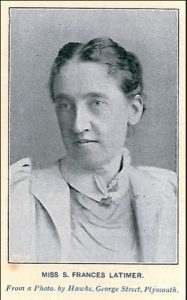
Selena Frances Latimer, Source: Devon History Society
3. Dr Rosa Bale
Rose Bale was the first woman to practise as a GP in Plymouth. Rosa was a frequent speaker at Women’s Liberal associate meetings and chaired the Three Towns branch of the NUWSS.
Professionally, Rosa was very much concerned with mental health. She was also active in the Ebenezer Chapel, now Methodist Central Hall; an example of how many of the suffrage campaigners were as concerned with the welfare of society as they were with getting the vote.
She lived and worked in Portland Square, and refused to move away from Plymouth during the Second World War, claiming that as many of her patients had not been evacuated, she should stay too. But her house was damaged in the Blitz of March 1941 and she moved back to Barnstaple, where she lived until she died later that year, on 3 November, aged 76.
4. Alison Vickers Garland
Alison Vickers Garland was another founder of the Plymouth Women’s Liberal Association. She also set up another 25, 18 of which were in Devon and Cornwall.
Alison Garland was the delegate of the British Indian Parliamentary Committee to the Indian National Congress in Lucknow in 1899. She was so upset with the poverty and famine she saw in India that she wanted The Three Towns, to send the money they had saved to erect a Memorial to the fallen of the 2nd Boer War to India.
She took part in the NUWSS Mud March in February 1907 and was a member of a deputation to Asquith and Lloyd George in November that year.
Like many women activists of the time, Garland had to choose between her teaching post and her political beliefs. She resigned from teaching.
Alison also wrote novels and plays and at the end of the nineteen century wrote a suffrage play ‘The Better Half’.
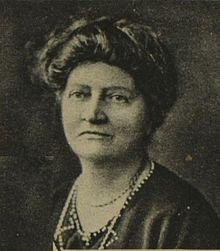
Alison Vickers Garland, Source: Wikipedia
5. Rev Hatty Baker
Rev Hatty Baker was a pioneer female preacher in the Congregational Church in England and a co-pastor in Plymouth. She was involved in various feminist concerns and was a leading figure in the formation of the Free Church League for Women’s Suffrage.
She not only argued powerfully for women in the Church’s ministry by reflecting on their ministry in the early church but she contended that equal partnership was essential to interpret God to humanity
Hatty Baker’s discerning words might indeed have been an epitaph for the Churches had it not been for her and others’ courageous work, sowing seeds of hope and creating, at least some, new spaces of life and grace (Source from Making a Track: https://bit.ly/2SO8ucP).
Rev Hatty Baker and her colleague Maud Slater and the NUWSS secretary in Plymouth Dr Mabel Ramsay trained Plymouth women for war work, as Maud Slater had her own shorthand and typing school, probably the first women in Plymouth to have this.
6. Annie Kenney, Vera Wentworth, Elsie Howey and Mary Phillips
These four women were the organisers of the Women’s Social and Political Union (WSPU) in Plymouth. The WSPU was a women-only political movement and leading militant organisation campaigning for women’s suffrage in the United Kingdom from 1903 to 1917.
They had their headquarters in 2 houses: 11 and 15 Alfred Street, near the Hoe. They were arrested in Exeter for leading a protest against Lord Carrington who was addressing a meeting there. When in prison they began their hunger strike.
The WSPU stopped their women’s suffrage work as soon as the First World War started in August 1914 and concentrated on war work recruiting the men and persuading the women to get their men to enlist. They also trained women in war work and Lloyd George gave them money. The Suffragists were also involved in war work but carried on fighting for the vote.
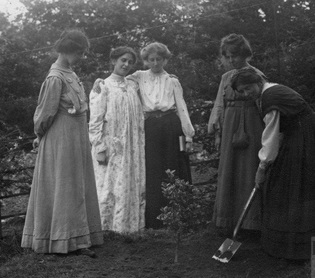
Annie Kenney, Vera Wentworth, Elsie Howey and Mary Phillips, Source: Wikipedia
7. Dr Mabel L. Ramsay
Mabel Lida Ramsay was a British medical doctor and suffragist, based in Plymouth. She was the third woman to become a fellow of the Royal College of Surgeons of Edinburgh and the first woman to be president of the Plymouth Medical Society. She was decorated for her work with the Women’s Imperial Service as a doctor in Belgium and France during World War I.
On 8 May 1921, Ramsay was elected a Fellow of the Royal College of Surgeons of Edinburgh, the third woman to achieve that distinction. In Plymouth, she was consulting gynaecologist and obstetrician at the City Hospital, the Infirmary, the Three Towns Maternity Home, the Salvation Army Maternity Home, and to the counties of Devon and Cornwall until her retirement in 1945.
Ramsay was active with the Plymouth chapter of the National Union of Women’s Suffrage Societies. In 1911, she and her mother hosted “a large party of census invaders”, suffragists refusing to participate in the national census, at their home in Plymouth. In 1930, Ramsay was a founder of the Plymouth Soroptimist Club.

Dr Mabel L. Ramsey, Source: Wikipedia
All of these women achieved and fought for great things. Some have Blue Plaques around the city that you can visit today. The locations are listed below:
- Dr Rosa Bale: On the wall of the Medical School at Plymouth University. The Northwest corner of Portland Square Building.
- Rev Hatty Baker: Outside Plymouth Art College
- Alison Vickers Garland: Leigham Court, Citadel Road
- WSPU: Alfred Street
- Dr Mabel Ramsey: North Hill
Thank you to Anne Corry for providing OM with this information
